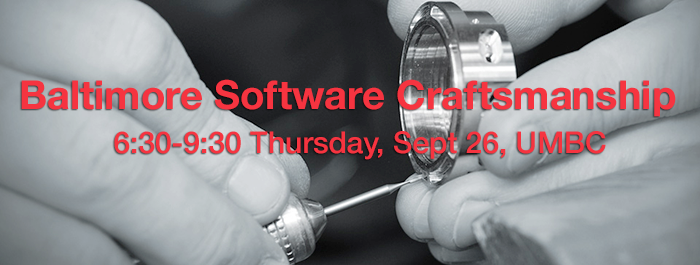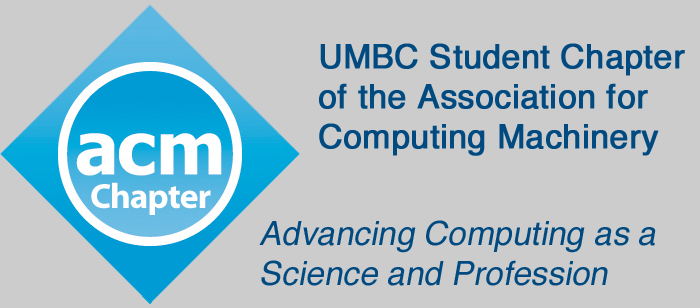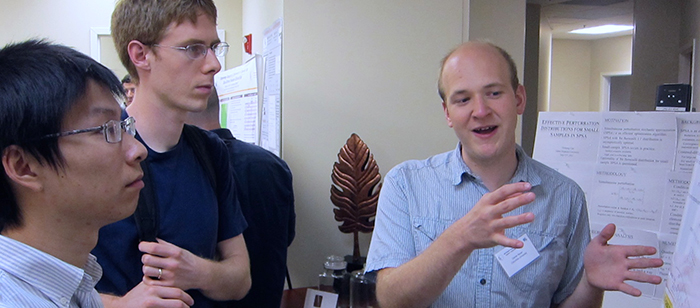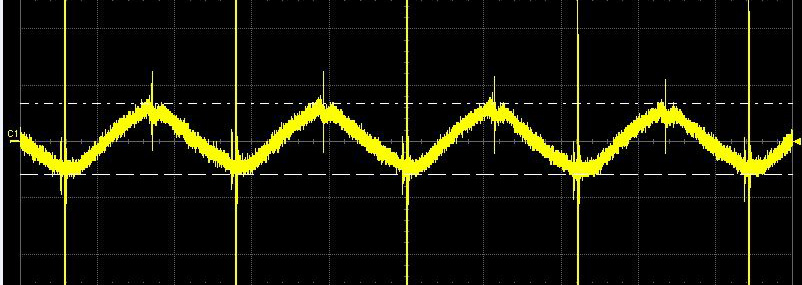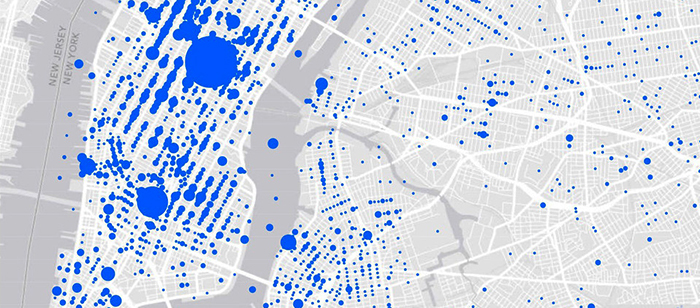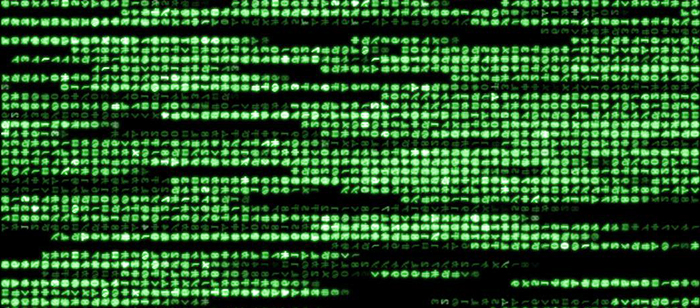
Hi Tea is back with a bang! Registration is now open for the Fall 2013 CSEE Hi Tea Competition. Hi Tea is a student-run social event held (nearly) every Friday from 3:00 to 3:30 in the third floor hallway of the ITE building outside the CSEE Department suite (325 ITE). All students, staff, faculty and friends of the CSEE Department are welcome to attend. Each week, a group of students will plan and assemble simple refreshments for the event. This Fall we will repeat the popular competition used in the Spring (see some photos).
Let's come together to cheer and vote for the competitors, have some food, mingle with old friends and make new ones. Here are the rules:
- Form groups of one to four members. Teams do not have to have all members from the same lab. So feel free to form a group with any of your friends from the CSEE Department.
- Create a name for your team.
- The winning team will be chosen from a weighted combination of votes. One vote will result from attendees. Another vote will come from faculty judges. Ties will be resolved by faculty judges.
- Each team should limit their presentation to $15. Therefore, each team will be reimbursed up to $15. Each team must save their receipts and submit them to Jane Gethman to obtain their reimbursement.
- Teams will be judged on creativity, presentation, and budget planning. It is preferred that you list how you managed your expenses for the judges to verify limit-to-$15 rule.
- Each week, two teams will compete against each other (). The winner will proceed to the next round.
Hi Tea will proceed for eight weeks. After that, the winner, first runner-up, and second runner-up will receive a $100, $75, and $50 gift certificate, respectively.
The following dates are reserved for fun-filled special editions of Hi Tea. No teams will compete on these days. Stay tuned for more details!
- 25-Oct-2013: Halloween
- 1-Nov-2013: Diwali
- 22-Nov-2013: Thanksgiving
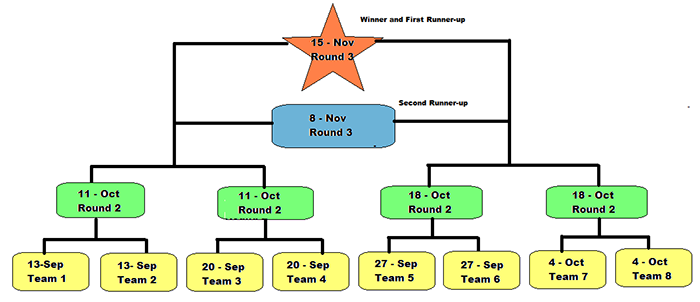
For questions, comments, and registration, email the following Hi Tea committee members:

